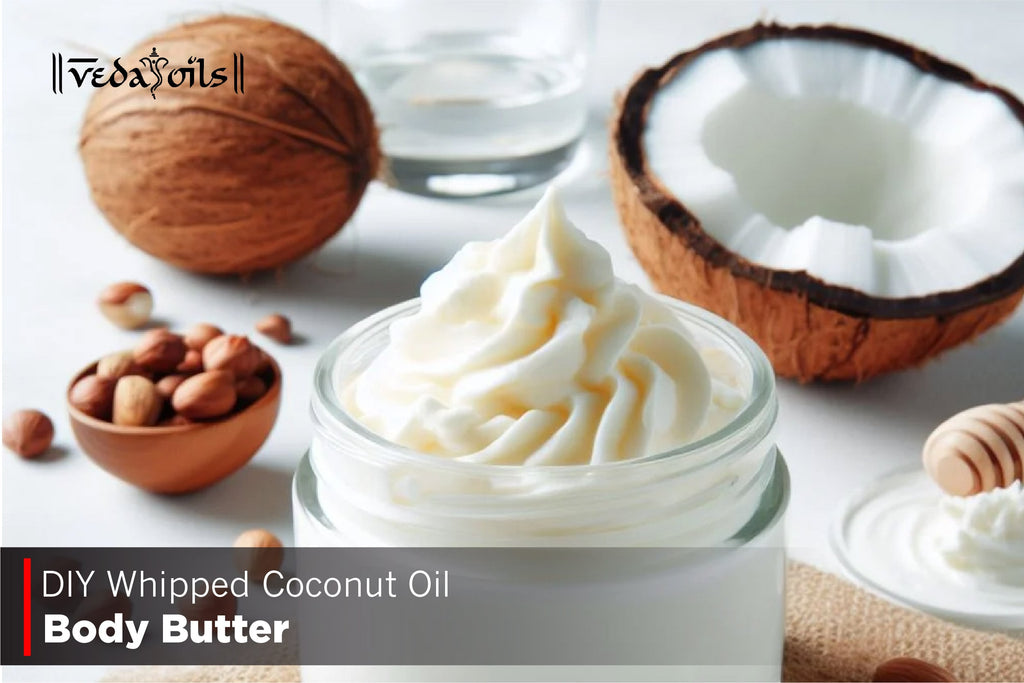Welcome to our blog, where we explore the fascinating world of natural remedies and their potential impact on our health and well-being. In today's post, we'll delve into the topic of rosemary oil and its purported benefits for memory and cognitive function.

As interest in alternative and holistic approaches to health continues to grow, many people are turning to essential oils like rosemary oil for their potential cognitive-enhancing properties. So, let's embark on a journey to uncover the science behind rosemary oil and its potential effects on memory. Whether you're a wellness enthusiast, a curious sceptic, or simply someone seeking natural solutions for cognitive support, this post is for you.
Rosemary Oil Benefits For The Brain
This essential oil, derived from the fragrant herb, has been prized for its medicinal properties for centuries. Not only is it known for its culinary uses, but it also offers a range of benefits for cognitive function and mental well-being. Let's explore five remarkable benefits of rosemary oil for the brain.
1. Enhanced Cognitive Function
Whether you're studying for an exam or need a mental boost at work, diffusing rosemary oil in your space can help sharpen your focus and cognitive abilities.

Rosemary oil is renowned for its ability to enhance cognitive performance. Its invigorating aroma has been shown to improve memory, concentration, and overall mental clarity.
2. Uplifts Mood & Feelings of Stress
Incorporating rosemary essential oil into your aromatherapy routine can help create a positive and tranquil environment that supports emotional balance.
The aromatic compounds in rosemary oil have the power to uplift mood and ease feelings of stress and anxiety. Inhaling the scent of it can have a calming effect on the mind, promoting a sense of well-being and relaxation.
3. Neuroprotective Properties
Rosemary oils' antioxidant and anti-inflammatory qualities are thought to help protect the brain from oxidative stress and age-related cognitive decline.

Research suggests that it may possess neuroprotective properties, making it a valuable ally in preserving brain health. By incorporating rosemary oil into your wellness regimen, you may contribute to the long-term health of your brain.
4. Improved Mental Clarity
Whether you're feeling mentally fatigued or simply in need of a cognitive pick-me-up, inhaling the aroma of rosemary oil can help you feel more mentally agile and focused.
When it comes to mental clarity and alertness, rosemary oil shines as a natural remedy. Its stimulating fragrance has the potential to clear mental fog and promote a sense of mental sharpness.
5. Stress Reduction
Incorporating rosemary oil into your self-care routine, whether through aromatherapy or massage, can provide a calming and grounding effect, promoting a sense of tranquillity and mental resilience.

Chronic stress can take a toll on the brain, affecting cognitive function and overall well-being. Fortunately, rosemary oil offers stress-relieving properties that can help soothe the mind and body.
Best Way To Use Rosemary Oil For Memory
Using rosemary oil for memory enhancement is a popular natural remedy with potential cognitive benefits. Here are some effective ways to use rosemary oil for memory improvement:
- Aromatherapy: Add a few drops of rosemary oil to a diffuser or inhale directly from the bottle to stimulate memory and concentration. The aroma of rosemary oil has been linked to improved cognitive performance and mental clarity.
- Massage: Dilute rosemary oil with a carrier oil such as coconut or almond oil and use it for a calming and memory-boosting massage. Gently massaging the oil onto the temples, neck, and wrists can help promote mental alertness and focus.

- Inhalation: Place a few drops of rosemary oil on a cotton ball and inhale the scent deeply. This method can help stimulate brain function and enhance memory retention.
Frequently Asked Questions
Although we have discussed everything that concerns Rosemary oil usage for improving memory, if you still have some doubts that have remained unanswered, find them here right in our frequently asked questions section.
Q: Is Rosemary Oil Good For The Brain?
Ans: Yes, Rosemary oil is good for the brain because it helps in improving cognitive function such as alleviating anxiety, improving brain function and it may also assist in aiding memory loss.
Q: Is Rosemary Oil Good For Studying?
Ans: Rosemary essential oil has the amount of cineole compound. It is a special compound that improves attention and focus. Hence, Rosemary oil is good for studying and improving mental power.

Q: How Does Rosemary Oil Help With Memory Loss?
Ans: There's no fixed answer to this question. Rosemary oil was earlier used to strengthen memory. There have been several studies that present that the aroma of rosemary essential oil helps with memory loss issues by preventing the breakdown of acetylcholine, a brain chemical important for thinking and memory.
Q: How Do You Use Rosemary Essential Oil For Memory?
Ans: You can use Rosemary essential oil for memory in the form of aromatherapy, massage or topical application.
Conclusion
In conclusion, rosemary oil has shown promising potential as a natural remedy for enhancing memory and cognitive function. Its aromatic properties and active compounds have been linked to improved focus, mental clarity, and overall brain health. The inhalation or topical application of rosemary oil may offer benefits for memory retention and recall.











 Sign in
Sign in Register now
Register now My Reward Points
My Reward Points









